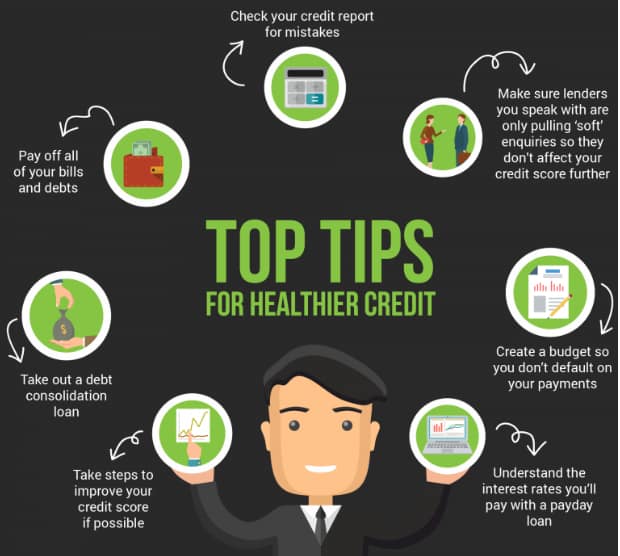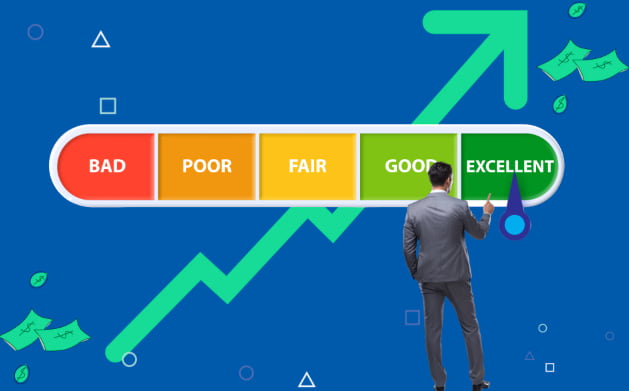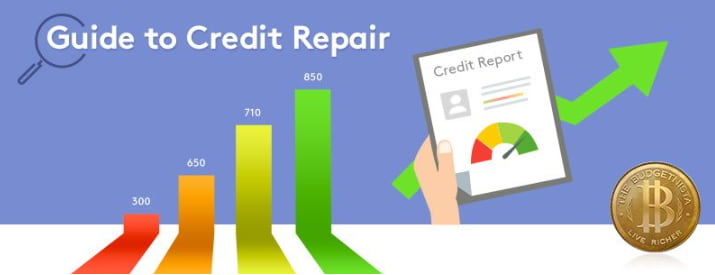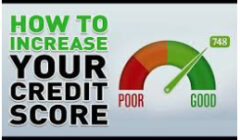Contents
Have you ever applied for a loan for an urgent need and received a negative response? Or has your credit card limit not been sufficient for that new technological device you have been dreaming of? Behind these kinds of annoying situations usually lies the mysterious and important “credit score”. So what happens if this report card score is low? In other words, “how to improve your credit score?” No panic! Your credit score is not a destiny written on your forehead.
A low credit score is often due to financial mistakes made in the past. Factors such as late payments, exceeding your limit, numerous loan applications or irregular debt management negatively affect your credit score. However, the good news is that your credit score is not a fixed value. With the right steps, it can be increased over time and brought to a healthy level.

In order to improve your credit score, you must first be aware of your current debt situation and acquire the habit of regular payment. Making payments on time, ways to get rid of debts, managing debts in line with your income level, and using credit card limits consciously are among the basic elements that increase your credit score. At the same time, ensuring a balanced use of existing credits also creates a positive effect in the long term.
In this article, we will talk together, in the most sincere language, about what that mysterious number means, how it is calculated, and most importantly, the most practical and effective steps you can take to improve your credit score.
What Exactly Is a Credit Score and How Is It Calculated?
In its simplest definition, credit score is a numerical value that measures your debt payment habits and financial risk. Before giving you a loan or credit card, banks look at this score and look for an answer to the question “Does this person repay the debt on time?” The higher your score, the more reliable a customer you are in the eyes of banks. This score is created by the Credit Registry Office by analyzing your entire banking history. In this sense, the question of how to improve your credit score is important.
- The most important factor affecting your credit score is your credit payment habits. This makes up the largest slice of the pie (estimated to be approximately 35%). Do you pay your credit card debt and your loan installments regularly, before the due date? This question forms the basis of your score. Even a delay of just one day can leave a negative mark on your score. Therefore, regular payment habits are the answer to the question of how to improve your credit score, in other words, the first and most unshakable rule of increasing your credit score.
- The second most important factor is your current debt status (which has an estimated impact of around 35%). In other words, how much of your total credit card limit you use… This is called the “credit utilization rate”. For example, if you have a debt of 9,000 TL on your cards with a total limit of 10,000 TL, you are pushing your limits to the limit and this is a risk signal for banks. The ideal thing is to not use more than 30% of your total limit. Even if you have debt, not having your limits full makes your financial situation look healthier.

How to Improve Your Credit Score: Credit History
Another important factor is your search for new credit and the length of your credit history. Applying for credit or credit cards frequently in a short period of time gives the impression that you are “in urgent need of cash” and can temporarily lower your score. In addition, the longer you have been using credit products regularly (for example, a credit card you have been using for 10 years), the more positive data banks have accumulated about you. Therefore, it is generally a good idea not to close your old credit accounts.
The remaining small slice is made up of other factors such as your credit diversity. The fact that you have successfully managed different types of debts in your financial history, such as a credit card and a personal loan or a car loan, shows that you can handle different types of credit, which can be reflected positively in your score. In short, the system looks at how healthy, regular and diverse your relationship with debt is.
Quick Steps to Increase Your Credit Score
You learned that your credit score is low and you are demoralized. No problem! Now is the time to assess the damage and apply a first aid kit that will start to recover your score quickly. Remember, some smart steps you take can have a noticeable impact on your score even in a short time. Instead of panicking, let’s take action immediately. The question of how to improve your credit score becomes important here.
The fastest move to improve your credit score is to reduce your credit card debts. Focus especially on debts that you pay the minimum amount and constantly transfer the rest. Since your credit utilization rate directly affects your score, reducing the amount of debt on your cards below your limit, especially below 30%, will have an immediate positive effect. Use every extra money you get to reduce the debt on your highest card.
Definitely, definitely get your credit risk report and examine it in detail. Maybe a small debt that you are not aware of, forgotten, a loan that has been paid but is still open in the system, or an error that has nothing to do with you may be pulling your score down. If you find any errors in your report, contact the relevant bank immediately and request that the error be corrected. This simple check can help you find the source of the problem.

Do not Close Your Old Credit Cards!
If you have no credit history or very little, your score may be low because banks have no idea about you. To overcome this situation, getting a credit card with a low limit, using it regularly and paying off the entire amount on time every month is a good start. Make small purchases during the month (like paying a bill) and pay off the entire statement at the end of the month. This is the easiest way to send the message to banks that “I am a reliable debtor.”
Another effective tactic is not to close old credit cards that you do not use. Many people think, “I do not use this card, I should close it so that I do not have any debt.” However, that old card is an important data showing the length of your credit history. It also keeps your total credit limit high. When you close that card, you both shorten your credit history and increase the usage rate of your current debts by reducing your total limit.
This also negatively affects your score. Keep the card in your wallet and keep it active by making a small purchase maybe every six months and paying off the debt immediately.

Financial Health: How to Improve Your Credit Score?
Raising your credit score is a sprint, keeping it high is a marathon. After you recover your score with short-term solutions, the most important thing is to acquire good financial habits that will make this situation sustainable. These habits will make not only your credit score, but your entire financial life healthier and less stressed. Now, let’s look at the habits that will allow you to run this marathon successfully.
The most basic and unshakable habit: Pay all your bills and debts on time. Take advantage of technology to not leave this to chance. Give your bank an automatic payment order for all your credit cards and loans. Giving this order, even for at least the minimum payment amount, prevents delays that may arise from being busy or forgetful. When you never miss a payment due date again, you will have strengthened the most important pillar of your credit score. This is an important answer to the question of how to improve your credit score.
After you have put your financial situation and payment habits in order, contact your bank and request an increase in your credit card limits. As long as you don’t increase your spending, increasing your credit limit will automatically lower your credit utilization rate. For example, a $5,000 credit on a $10,000 credit limit card will be equivalent to a 50% utilization rate, while a $20,000 credit limit will drop that same credit to a 25% utilization rate. This is a simple but effective move that will improve your credit score.

How to Improve Your Credit Score? 8 Tips
Credit score is one of the most critical elements that opens or closes doors in your financial life. Banks, credit card providers and even some employers take this score into consideration to form their first impression of you. A low credit score can cause your credit applications to be rejected or you to borrow money with higher interest rates, while a high score gives you an advantage as an indicator of your financial reliability. So how can you improve your credit score? Here are the basic points you should pay attention to…
- Make Payments on Time: Paying all your credit card and loan installments on time has a positive effect on your credit score.
- Reduce Current Debts: Reducing your debt decreases your credit utilization rate and increases your score.
- Do Not Exceed Your Credit Card Limit: Be careful not to use more than 30% of your card limit.
- Keep New Credit Applications Limited: Applying for credit frequently can lower your score; apply only when you need it.
- Start with Low-Limit Cards: If your credit history is weak, you can gain confidence with low-limit and secured credit cards.
- Check Your Credit Report: If there are any incorrect records, have them corrected. This can suddenly increase your score.
- Extend Your Credit History: Accounts that have been open and used regularly for a long time strengthen your score.
- Diversify Your Credit Types: Using different credit types such as both credit cards and consumer loans in a balanced way reflects positively.
